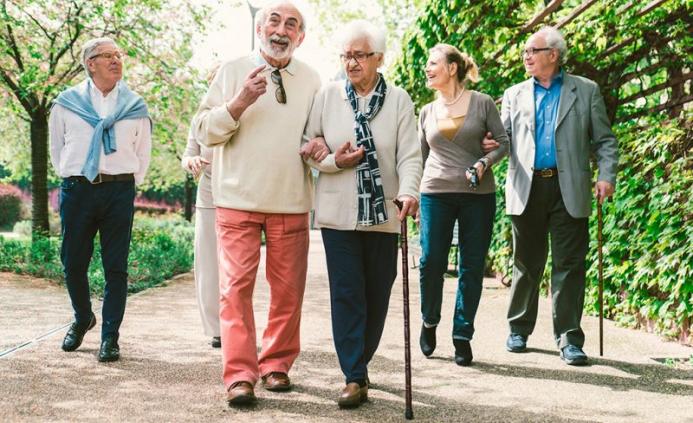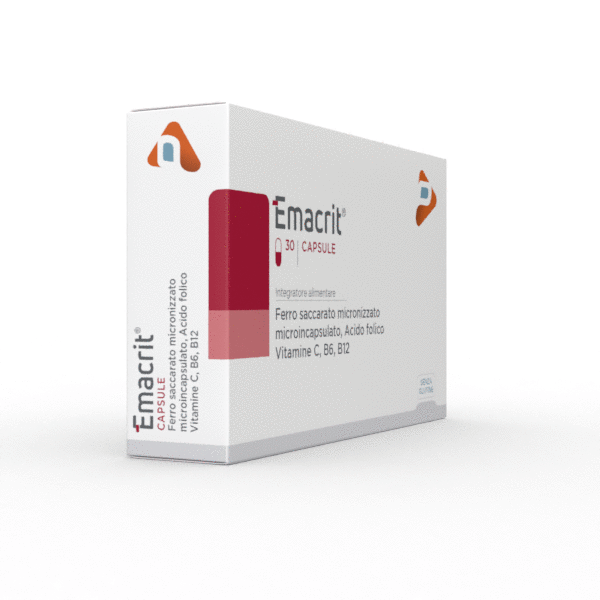Combating iron and vitamin B deficiency in people over 65 helps the immune system to age well, reducing the risk of contracting infectious diseases and ensuring a higher level of general well-being and quality of life.
Among the numerous changes that are associated with the body’s function in the aging process, the decline of the immune system – or immunosenescence – is one of the most obvious. In old age, the immune response has difficulty activating against viruses and bacteria, making subjects over 65 more vulnerable to attacks from infectious diseases – such as flu and pneumonia, one of the main causes of death in the world for this age group – but also more exposed to cancer and less reactive to vaccines. Current research in the field of nutritional immunology shows a connection between dietary deficiencies – quite common in old age due to physical or mental disabilities, presence of pathologies, use of drugs, poor diet variety – and decreased immune efficiency in the elderly. This is why the integration of micronutrients such as iron and B vitamins can counteract the progressive loss of immunological competence, favoring the proper functioning of the organism.
The importance of iron to combat senile anemia
An indispensable element of the organism, essential for cellular metabolism and aerobic respiration, iron is a mineral that must be taken daily to maintain an adequate state of health. The body, in fact, requires iron first of all for the synthesis of two important proteins: hemoglobin, which allows the transport of oxygen to the tissues, and myoglobin, appointed to fix oxygen inside the muscles. Other functions of iron concern the formation of heme enzymes and other enzymes involved in the transfer of electrons and of oxidation-reduction reactions that affect the functionality of all organs. It is not uncommon in older people to find an iron deficiency, which should always be carefully monitored so as not to incur what is called senile anemia. According to the World Health Organization, anemia is defined as a concentration of hemoglobin (Hb) in red blood cells, less than 12 g / dl in women and 13 g / dl in men, a condition that may become more evident with men advancing age and which affects a total of about 13% of subjects over 70 years. The correlation between reduced hemoglobin levels and functional decline in the elderly is demonstrated: untreated anemia can be associated with asthenia, lower energy and muscle performance, increased morbidity and mortality, neurological and cognitive deficits, depression, increased risk of falls, damage cardiovascular and renal, with consequent impairment of independence and quality of life of the elderly.
Integrate to live better
However, iron deficiency and anemia are easily reversible conditions, restoring the lack of micronutrients such as iron and B group vitamins through adequate supplementation, with obvious benefits in terms of improving the functional capacity of people of advanced age. It is therefore advisable to be followed by a doctor experienced in geriatric nutrition who, in the face of periodic monitoring of the blood values of vitamins and minerals, prescribes the correct integration.




